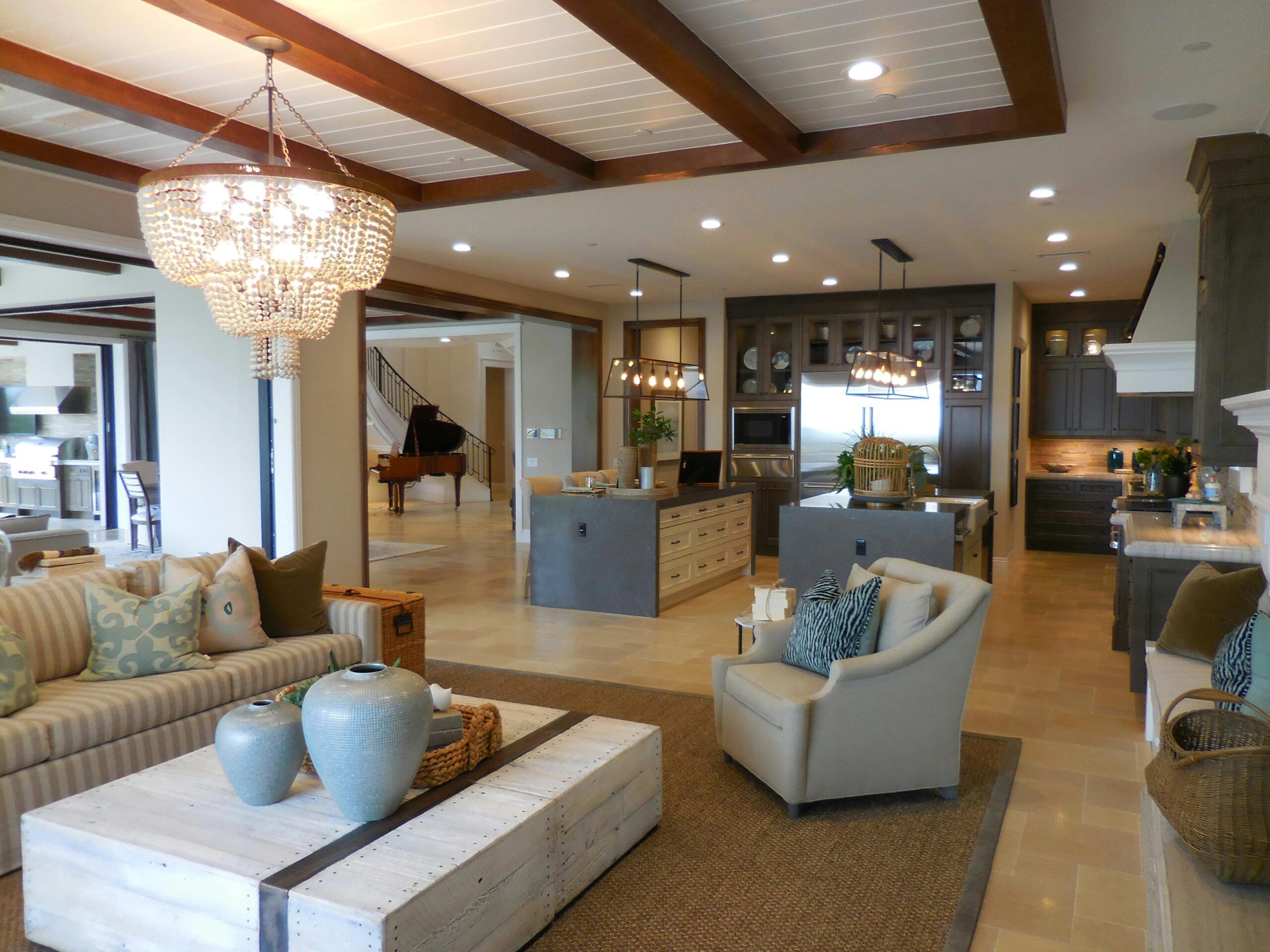Planning To Build Your Dream Luxury Home?
Contact UsPlanning To Build Your Dream Luxury Home?
Contact Us
For decades, many homeowners equated luxury with size. The bigger the house, the more prestigious it seemed. Sprawling estates, countless rooms, and oversized living spaces were once the ultimate symbols of wealth and success. But today, the definition of luxury has shifted. More than sheer square footage, modern luxury is about personalization, functionality, and how well a home fits your lifestyle.
This is where custom home builders in Austin, TX and across the U.S. are leading the way. Instead of creating cookie-cutter mansions, they’re helping clients craft homes that feel uniquely theirs – spaces designed to reflect identity, enhance comfort, and elevate daily living. In this article, we’ll explore the psychology of luxury living and explain why customization now matters more than size.
Historically, luxury homes were measured by scale. A mansion with ten bedrooms, a ballroom, and a massive driveway wasn’t just a place to live — it was a statement. “Bigger is better” dominated the real estate landscape for much of the 20th century.
But larger homes often came with drawbacks. Enormous layouts made some spaces feel cold and unused. Heating, cooling, and maintaining oversized homes became costly and inefficient. And most importantly, square footage alone rarely contributed to a homeowner’s emotional connection with their space.
Luxury once meant excess. Now, it increasingly means experience and meaning.
Why does customization matter so much? The answer lies in psychology.
Humans crave environments that reflect their personality and values. A customized home becomes a mirror of its owner – from architectural style to interior finishes. This sense of control builds identity, turning a house into a deeply personal expression of self.
When you make choices about layout, design, or features, the home becomes more than just property. It becomes your creation. Psychologists often link personalization with greater satisfaction because people value what they’ve had a hand in shaping.
Luxury is as much about how you feel as how others perceive you. A custom wine cellar, a private yoga studio, or a smart home theater tells a story — not just of wealth, but of taste and lifestyle. Customization creates a unique signature that size alone cannot achieve.
Many homeowners are discovering that a 3,500-square-foot customized home can feel more luxurious than a 7,000-square-foot generic mansion. Here’s why:
It’s no surprise that Austin custom home builders and other leading professionals nationwide have embraced this trend. They understand that a well-designed, customized space delivers an emotional and practical value that a generic “big” home cannot match.
Let’s look at the kinds of personalization that elevate a home from simply “large” to truly luxurious:
The kitchen is often the heart of the home. A customized kitchen might include:
Modern luxury bathrooms are designed as wellness retreats:
Outdoor areas are now extensions of the home:
Customization extends into home automation:
Beyond the basics, luxury often means tailoring spaces to passions:
The modern luxury buyer is different from previous generations. Millennials and Gen Z buyers, in particular, place a higher value on experiences, sustainability, and efficiency.
They’re more likely to invest in:
For these buyers, a smaller, well-curated home often feels more luxurious than a cavernous property they’ll never fully use.
Luxury isn’t just about lifestyle – it’s also about smart investment.
In this way, customization doesn’t just deliver psychological luxury — it also delivers financial logic.
The true essence of luxury living isn’t measured in square footage. It’s found in the details, the design choices, and the way a home reflects its owner’s lifestyle and values. A smaller, customized home can offer more satisfaction, comfort, and prestige than a larger, impersonal mansion.
By embracing customization, homeowners create living spaces that go beyond aesthetics – they foster emotional connection, elevate daily experiences, and ensure long-term value. In the end, true luxury is not about how much space you have – but how well that space is designed to fit you.